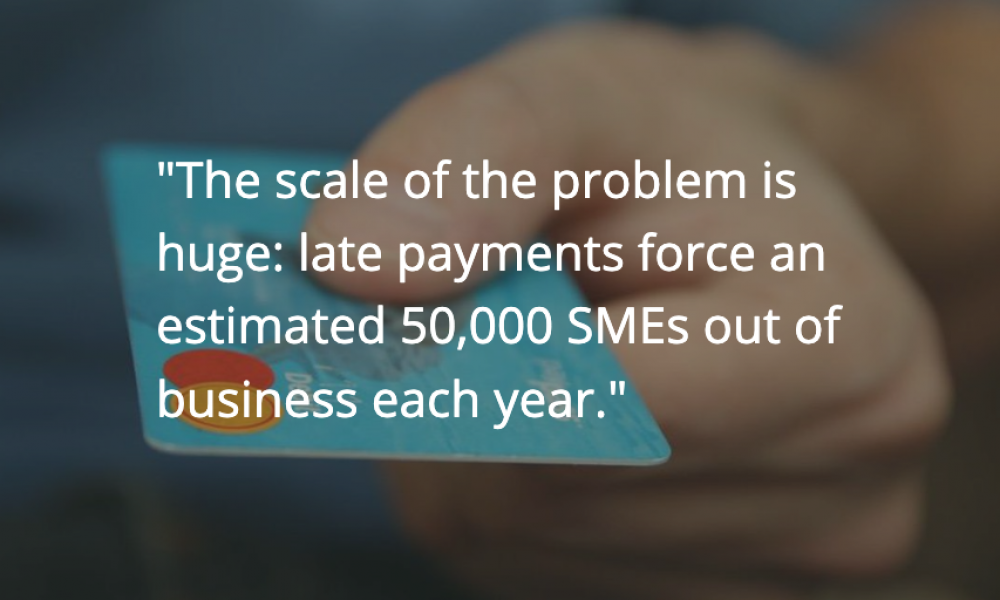10 tips for setting up your limited company as a contractor
If you’ve decided to take the leap into contracting, congratulations! It’s a big, exciting step and you’re probably buzzing with…
Although (like everything else) it might have been a bit overshadowed by Brexit, there was good news for contractors and…

Although (like everything else) it might have been a bit overshadowed by Brexit, there was good news for contractors and freelancers buried in the Chancellor’s Spring Statement last month – a crackdown on late payments. It’s a scenario that will be familiar to almost every contractor and freelancer; the tiresome and often worrying time spent waiting and chasing for payment of invoices that are well overdue.
The scale of the problem is huge: late payments force an estimated 50,000 SMEs out of business each year. A recent study by BACS Payment Systems found the collective bill owed to small businesses to be around £13 billion in 2018.
Unpaid invoices are a particularly crippling problem for contractors and freelancers, who may only have a few payments due each month and rely on those to pay the bills. Compared to larger businesses, contractors and freelancers are less likely to have large cash reserves to draw on and find it harder to get credit. So it will come as a great relief to hear that something is finally being done on this issue.
Back in 2018, Hammond used the Spring Statement to launch a call for evidence on the ‘scourge of late payments’ affecting small businesses. This call for evidence closed in November, and the responses have been examined since then.
A full response to this call for evidence is expected to be released soon, but Hammond used this March’s statement to announce some of the ‘first step’ measures that he will be implementing.
Under the new regulations announced by the Chancellor, large companies must:
The government already requires larger companies to publish their raw payment data twice a year. A complaints procedure does already exist, but obviously few contractors are keen to make a claim against a big client.
These measures may seem quite small in themselves, and it remains to be seen how effective they will be in reducing late payments to contractors and freelancers. But it does show movement in the right direction, and the Chancellor has promised that business secretary Greg Clarke will announce further details on this issue soon. Progress in the right direction and watch this space for more.
Unfortunately, we at Kingsbridge can’t promise to make all your clients pay on time. But by offering one simple, comprehensive, compliant insurance package for contractors and freelancers, we hope we’ll free you up a bit more time to chase those unpaid invoices.
Get a quick quote online today at www.kingsbridge.co.uk.